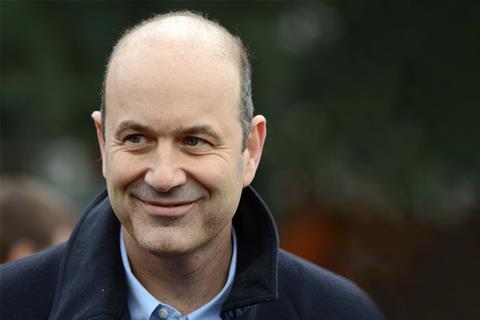Fruit industry is the latest to be subjected to Milei’s ‘light touch’ regulatory approach

Argentina’s president Javier Milei has announced the liberalisation of the country’s fruit sector, cutting swathes of regulations covering packaging, production and exports. Resolution 21/2025 is designed to simplify procedures, reduce costs and facilitate exports by streamlining bureaucratic requirements and freeing up packaging rules.
The regulation states that “it is necessary to unify the health regulations for fruits, vegetables, aromatic plants, mushrooms, algae and edible seeds, considering all the packaging areas where these products are processed, which provides for technical assistance through specialists in agri-food safety, for the implementation, adoption, establishment of practices and processes at all stages, to promote safety conditions and the health of consumers”.
The minister of deregulation and state transformation, Federico Sturzenegger, said under the new “light-touch” approach, the National Service of Health and Agri-Food Quality (Senasa) will work directly with producers and issue phytosanitary certificates as and when outbreaks of pests arise.
“We asked ourselves, what is the true meaning of Senasa’s intervention in the packaging and fruit markets? The answer was very clear: sanitary surveillance (controlling that there are no pests that can spread affecting the activity), and the issuance of phytosanitary certificates for export (which allow international trade of these products). We then wrote a rule from scratch focused on just these two things,” Sturzenegger said.
Under the new rules, producers will “only have to inform Senasa what they do and where they are”, so that, in the event of a health incident, the agency can work with them and contain the outbreak, as well as turn to the agency to request the issuance of phytosanitary certificates.
Further, there will be no more requirements for facilities to be authorised and recertified annually. Producers will be able to grow and export what they want, when they want, without state intervention.
Senasa will also be available to certify what the health authorities of the importing countries require, however, it will not be able to require any additional procedures.
“In this way, producers will have to do less paperwork and the organisation will be able to put more energy into health surveillance, where it adds value. With this reformulation of zero-based regulations, we are taking another step in the deregulation revolution that our president Javier Milei is asking us to do, in this case, favouring fruit producers throughout the country,” Sturzenegger concluded.



